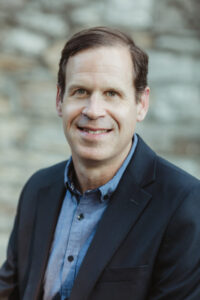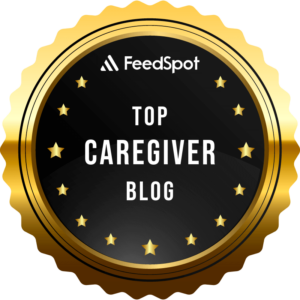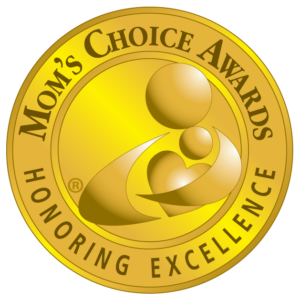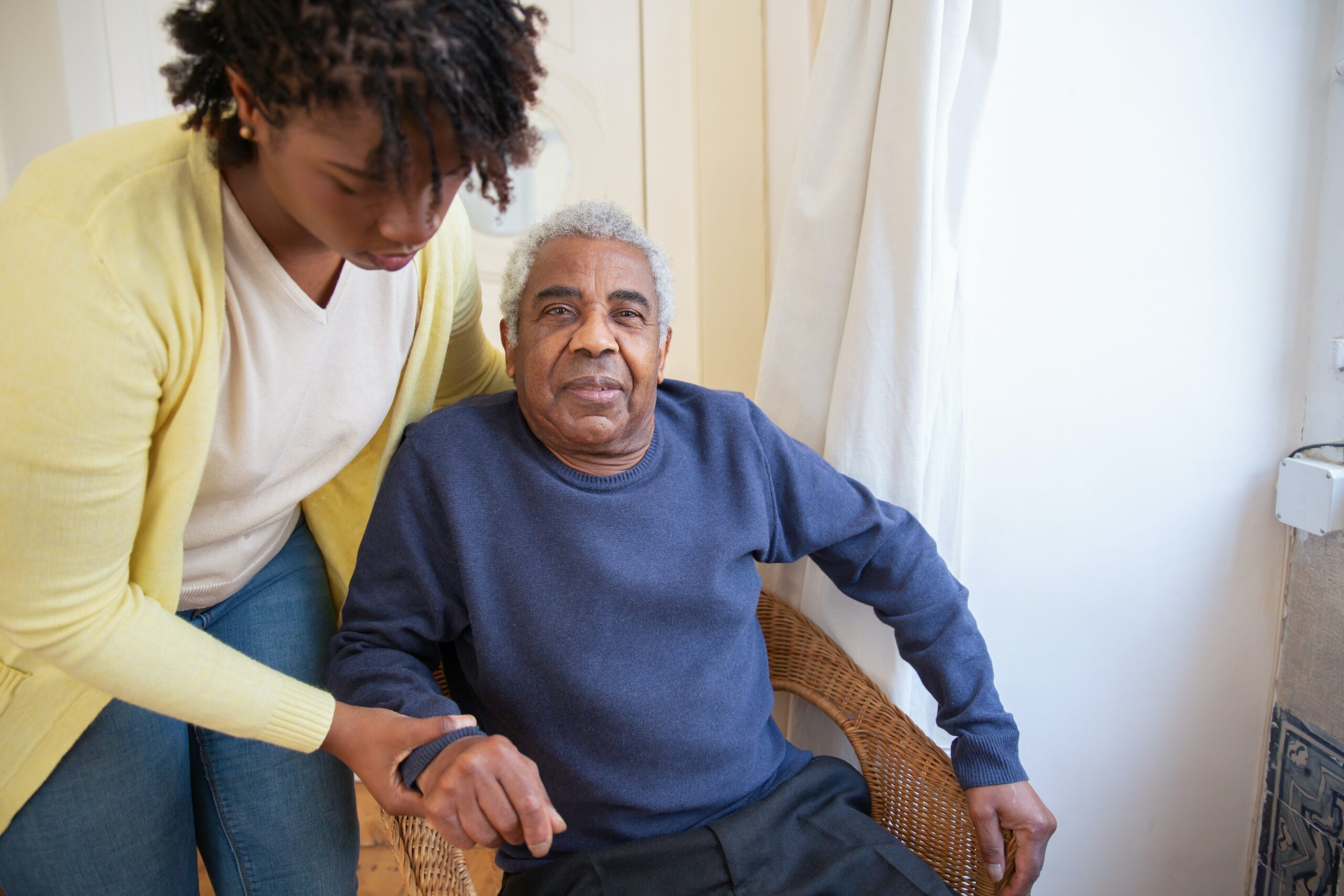
Published on:
It’s no surprise that professional caregivers are often the first people their families turn to when a relative needs care. Families searching for care-related solutions want help and support from someone they trust—and if your family includes a care professional, that person can quickly become involved in the care required for your loved one. This involvement may range from acting as an intermittent source of information for the family to time-consuming and protracted service as the primary caregiver.
Nurses, doctors, social workers, direct care aides, certified nursing assistants, therapists, and other care professionals routinely find themselves in such situations, caring for people at work and then caring for family members at home.
I’ve worked closely with many care professionals in these situations. I have observed and heard about some of the unique considerations that arise when a care professional occupies dual caregiving roles—one at work and the other at home.
I’ve come to learn that dual caregiving isn’t easy. Here are five reasons why.
- There is a difference between formal care and informal care. Formal care is delivered by professionals, in accordance with established licensure, and is limited to the permissible scope of practice. Formal care may be skilled and medically technical (think surgery, for example). Informal care is usually non-medical in nature, does not require licensing, and encompasses a plethora of support for activities of daily living at home.
- Medical training does not fully prepare a care professional to meet the wide-ranging informal care requirements of a loved one at home. Care professionals are best at the care they deliver within their professional context. When the care that is required falls outside of their routine scope of practice, the care professional may need to learn new techniques or develop practical skills to assist a loved one. For instance, a surgeon who operates on inert patients may not know how to transfer an aging relative from the bed to the bedside commode.
- Caring for a family member is personal and emotional. Care professionals usually develop and maintain a certain detachment from the people they care for because it helps them to maintain objectivity and optimize the professional delivery of care. However, most care professionals agree that it is different when caring for a close family member. Family caregiving can be deeply emotional because of the kinship ties which exist between the caregiver and the care receiver.
- Dual caregiving roles can be doubly draining. Good caregiving requires an exceptional amount of energy and time. An unrelenting focus on others may cause dual caregivers to forego restorative rest, lose personal time for themselves, or neglect important relationships. Frequently these caregivers do not have the bandwidth to take care of themselves or pursue some of the non-caregiving priorities in their lives. Compassion fatigue is common among caregivers who don’t get a break.
- Employers and families may not be sympathetic. Care organizations promote a culture of competence, compliance, and professionalism. Care professionals are generally expected to adhere to this culture, and some organizations show little empathy for employees who may be struggling to care for their own family. By the same token, family members may not understand how the care professional in their family could be unable to fulfil a family caregiving role. Sometimes families expect their care professional to have all the answers or be fully equipped to meet the needs of an aging relative—even though this is not realistic. Thus, dual caregivers can be harshly judged by both employers and families as they straddle their professional and personal caregiving activities.
In light of the above, I believe we can extend more grace to the large and growing number of professional caregivers who also serve as family caregivers.
Healthcare organizations can offer counseling services, paid leave, and more authentic understanding to their staff members who assume dual caregiving roles.
Families can also benefit from recognizing the context and limitations of professional caregivers, thereby resisting any assumptions about what the care professional in the family should or should not be doing for an aging relative.
Dual caregivers fulfill critical roles at work and at home. Better support for this special group of caregivers will help care organizations and families alike.
Posted in Family Caregiving, Organizational Caregiving
